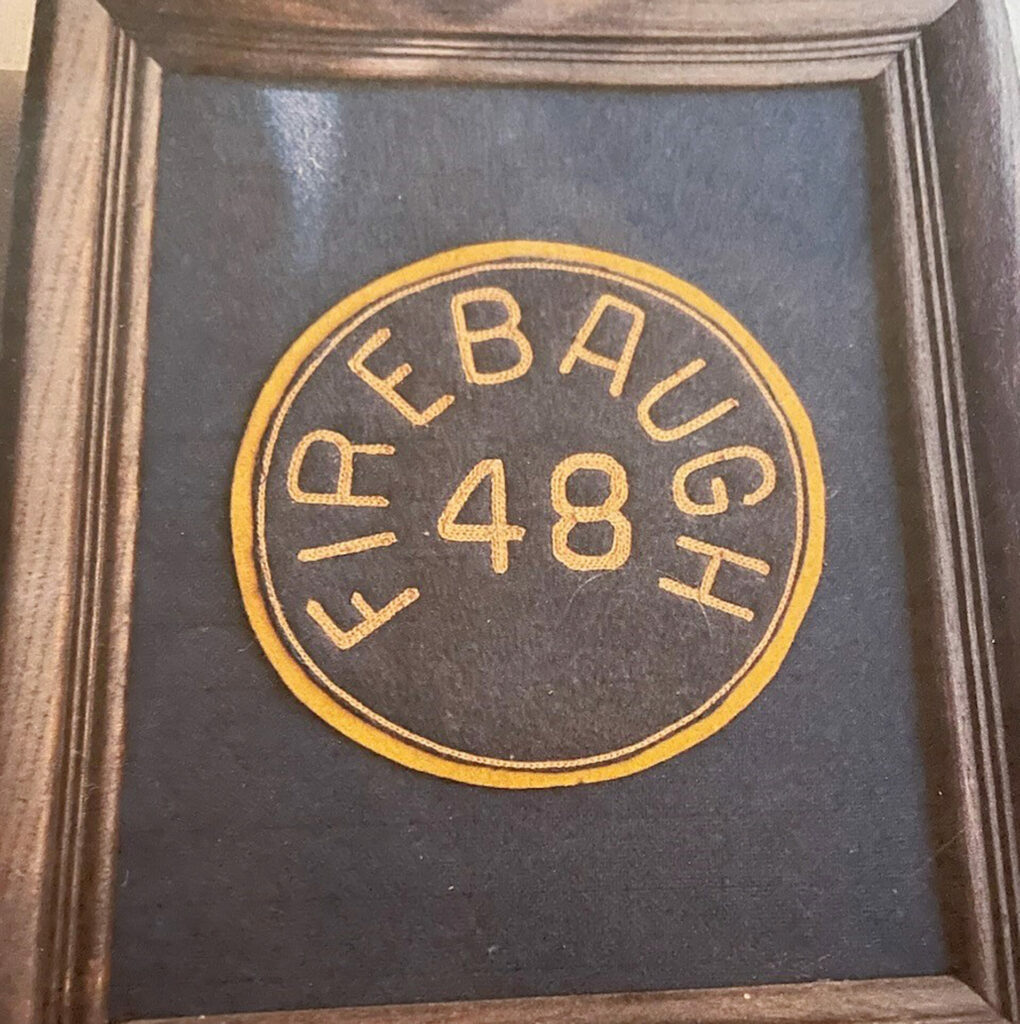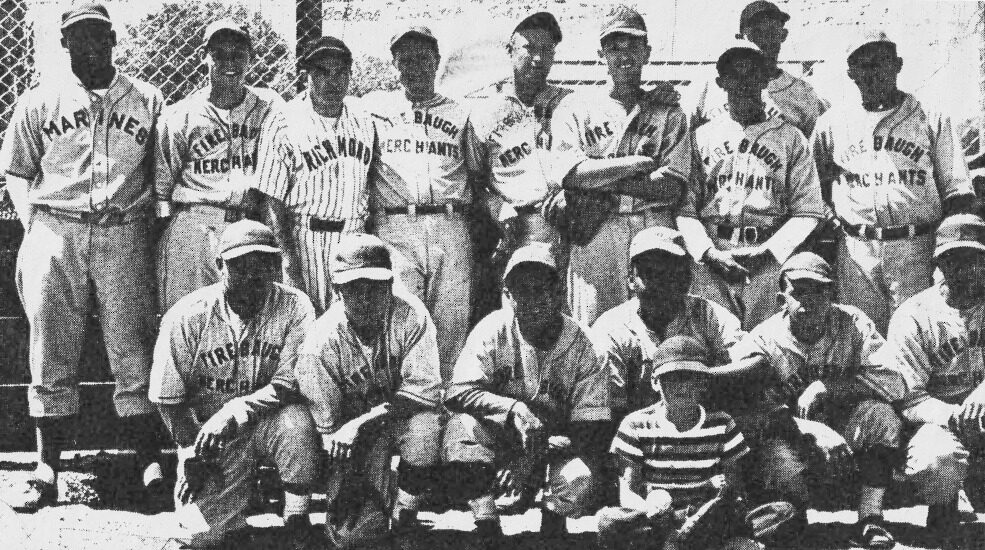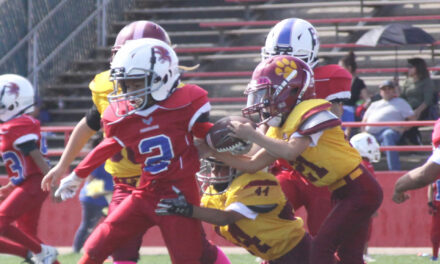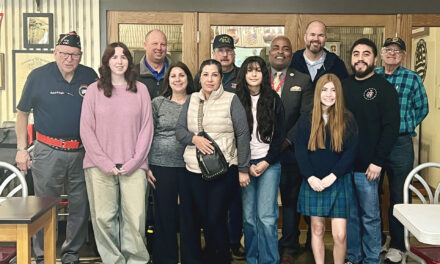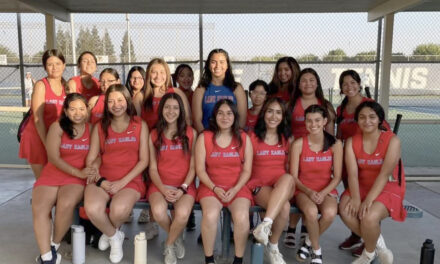The year was 1946.
World War II was over and servicemen from all branches of the service were returning to their homes and hopefully back to a normal life.
That year, a 10-year old boy named Dale Flowers was living in Firebaugh as he and his mother relocated there from Vallejo to live with family members.
Now 86-years old, Flowers remembers his time in Firebaugh as one of gentle happiness, fun, and baseball.
Flowers, a retired educator, now lives in Aptos. As with most young boys, he loved baseball and remembers going down to the town’s new baseball park to watch the Firebaugh Merchants take on several other Central Valley teams. The ballpark was later named Dunkle Park and still stands today as the “Grand Dame” of valley baseball yards.
“It was good baseball,” Flowers said. “Firebaugh had some really good players. I asked the manager if I could go with him to some away games and he said ‘sure.’ At the end of the season back in 1947, I told him I wanted to be the batboy next year and he told me I had a job.”
That manager was Augustine “Pag” Paganucci. He was a local businessman and civic leader who owned a popular bar in town. According to Flowers, Paganucci “designed and probably paid for Dunkle Park to be built.
“The covered bleachers were a great idea to protect the fans from the summer heat. That’s one of the reasons they drew big crowds during the season,” he explained.
The starting lineup for most of the season featured John Borboa in left field, Al Cano in center, and Ramon Borboa Jr. in right.
“Al Cano was the big hitter on the team,” said Flowers.
Ryan Smith played third base and the middle infield was manned by Casey Borboa at shortstop and Alex Smith at second. Harold Masini played first base and Coke Hernandez was the catcher.
“Casey was a phenomenal player,” he said.
Paganucci brought in two pitchers from Fresno State to anchor the team, righthander Bob Lurker and lefty Tom Jenkins.
“I think Pag paid them a little money to come out from Fresno,” said Flowers.
Firebaugh went through the ’48 season undefeated, beating the likes of Fresno VFW, West Fresno, Kerman, Los Banos, Le Grand, and Mendota.
“Le Grand had a scary pitcher. He threw hard and he was wild. It took a little while for us to settle in on him and start making contact,” said Flowers.
After each home game, Paganucci would host a picnic for the players and their families.
Flowers lived in a home across from St. Joseph’s Church in the middle of town and he served his church as an altar boy. He and his mother eventually left Firebaugh, but he would return every summer to stay with relatives.
He recalls those days fondly.
“We would spend every day in the San Joaquin River,” he said. “This was before Friant Dam, so the river flowed freely. We would walk upstream, push a log in the river and ride it down. We would stop along the way at some of the sand bars and eventually got out at the river bridge.”
There was also horseback riding and going to the new theater in town to watch movies.
“That was a big deal back then, going to the movies. We went every week,” he said.
Like most small towns, Firebaugh had its colorful side, which included a brothel just outside the town and across from the railroad tracks.
“It was called Dixie’s,” Flowers said. “Supposedly, Dixie would come into town on occasion and leave some money for the town constable,” said Flowers. “She ended up retiring to Aptos, just like me.”
